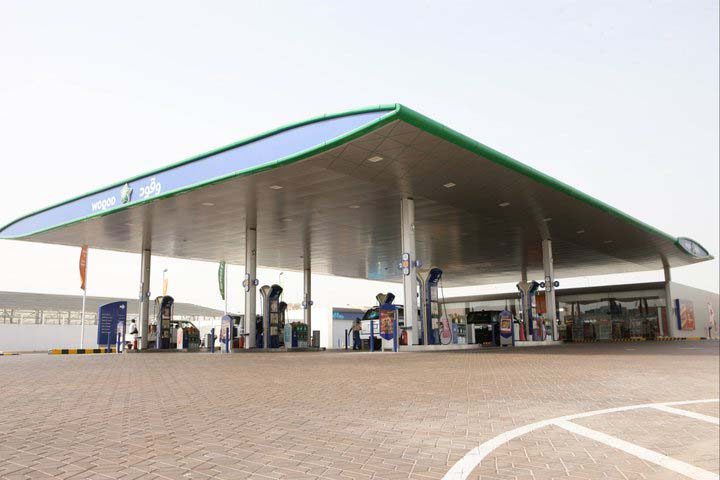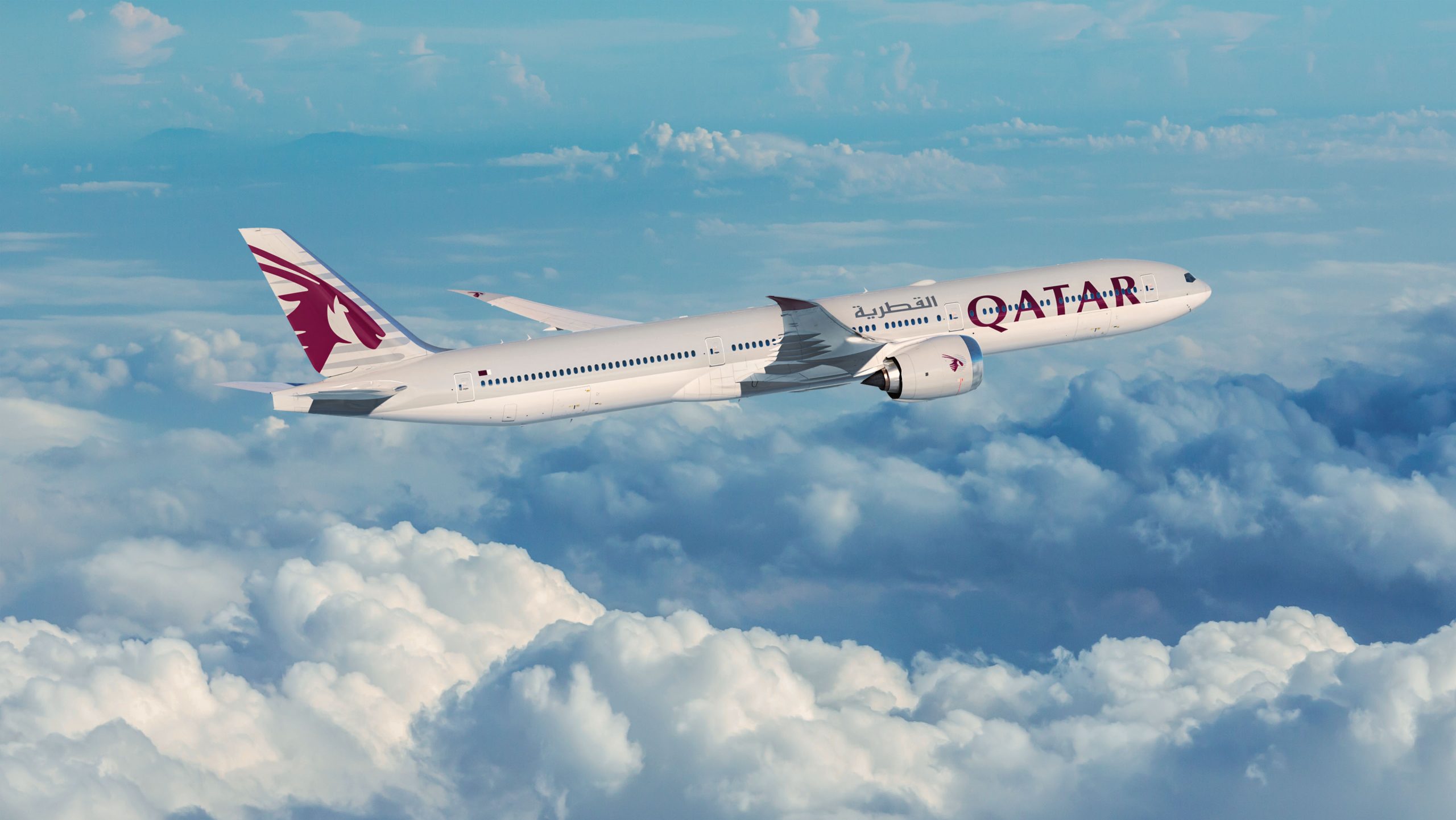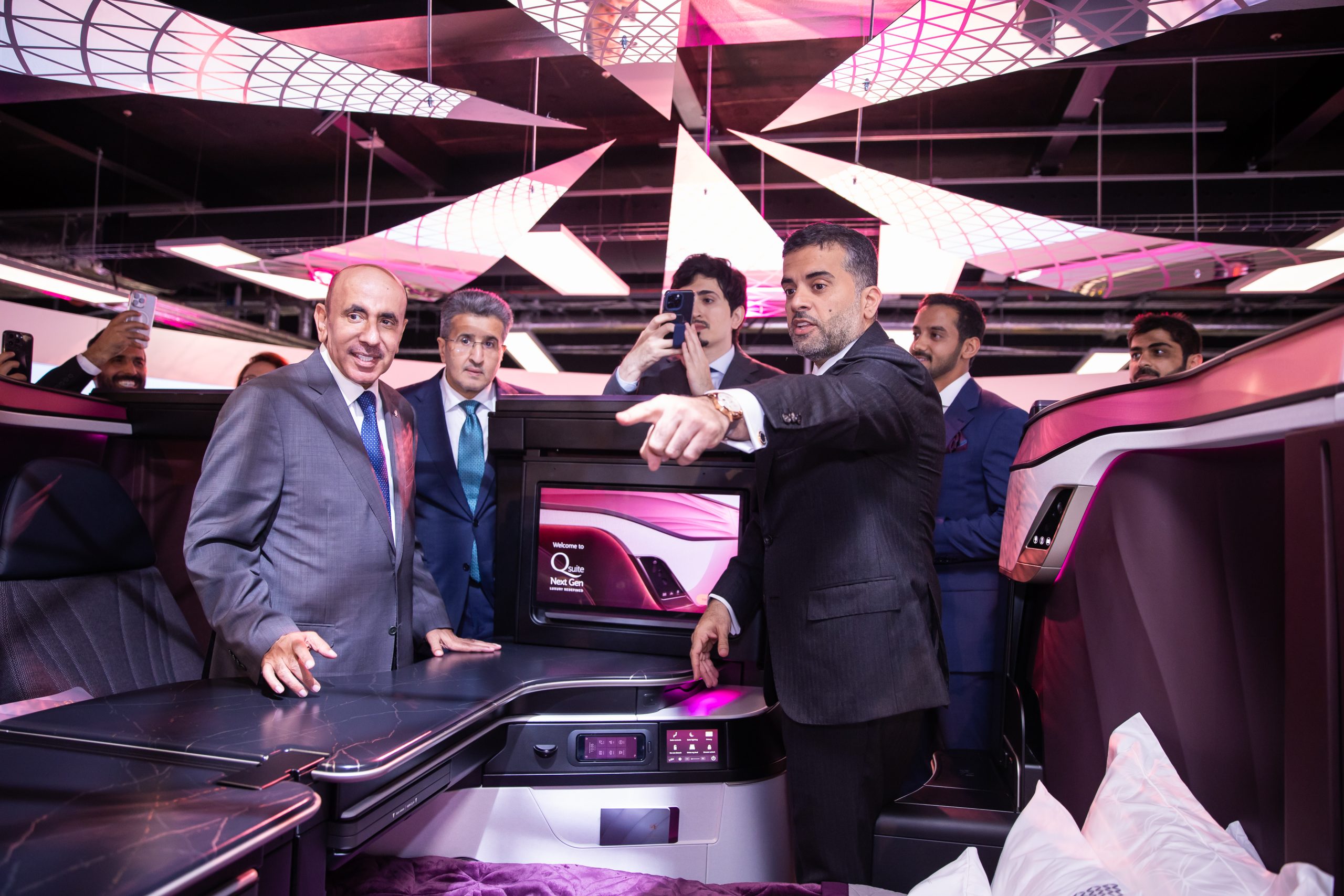
Qatar’s state-backed fuel company Woqod has said it plans to open more than a dozen petrol stations over the next year, but there appears to be minimal relief in sight for motorists in central Doha faced with a dwindling number of places to fill up their tanks.
Woqod’s announcement comes amid growing demand for fuel here, with drivers purchasing 2.12 billion liters of petrol last year, up 10.35 percent from 2013.
According to the company’s annual report, most of its new petrol stations will be located on the outskirts of the country’s capital or in one of the fast-growing towns outside Doha.
As the number of vehicles on Qatar’s roads climbs alongside the country’s growing population, long lines – sometimes extending onto major roads and causing traffic backups – at the limited number of pumps within the city can often be observed.

The closure of several Doha petrol stations has exacerbated the problem. For example, there are no signs of activity at the petrol station just north of Landmark Mall, which was closed slightly more than a year ago following a fatal explosion at a nearby restaurant.
Meanwhile, the Markhiya Petrol Station near Burger King signal has also closed, as has the petrol station near Villaggio Mall.
Meanwhile, the old Al Andalus Petrol Station on C-Ring Road remains shuttered, even though workers on the property told Doha News last year that they expected it would re-open in late 2014. The facility was closed following an apparent underground explosion in September 2013.
In its 2014 annual report, released earlier this week, Woqod said a dozen new stations are under construction in Qatar and will open this year in Al Wakra, Al-Wajba, Al-Jamailiya, Al-Aqla in Lusail, Al-Thakhira, Al-Qatifiyah, Al-Mashabiyah, Al-Shamal, Al Rayyan Al Jadeed, Sudantheel, Fleiha and Bin Derham.
An additional seven stations are planned to open by the end of next year in the areas of Smesmah, Al-Thameed, Al-Thumama in Al-Hadarma, New Mesaimeer, Umm Qarn and two in Education City.
Gas cylinders
Woqod’s report also stated that the company would be focusing on persuading its gas customers to switch from metal cylinders to the newer Shafaf cylinders, a slow-going campaign.

Despite the ongoing push, sales and refills of the old 12kg metal gas canisters once again increased, climbing to 5.13 million from 4.8 million in 2013.
By comparison, sales and refills of Shafaf grew more slowly. The 12kg containers climbed to 1.39 million from 908,000 a year earlier, while the market for the 6kg version grew to 39,000 from 31,000.
To encourage customers to make the shift, Woqod said it would raise the refund customers receive upon switching to Shafaf from QR50 to QR100.
Meanwhile, bulk butane sales dropped 12 percent to 33.53 million tonnes due to “procedures taken after tightening the safety and security rules and regulations” following last year’s restaurant explosion.
However, that failed to affect the profitability of Woqod, which also sells jet fuel and operates a marine shipping division.
The company said its net profit increased 1 percent last year, to QR1.23 billion.
Thoughts?







